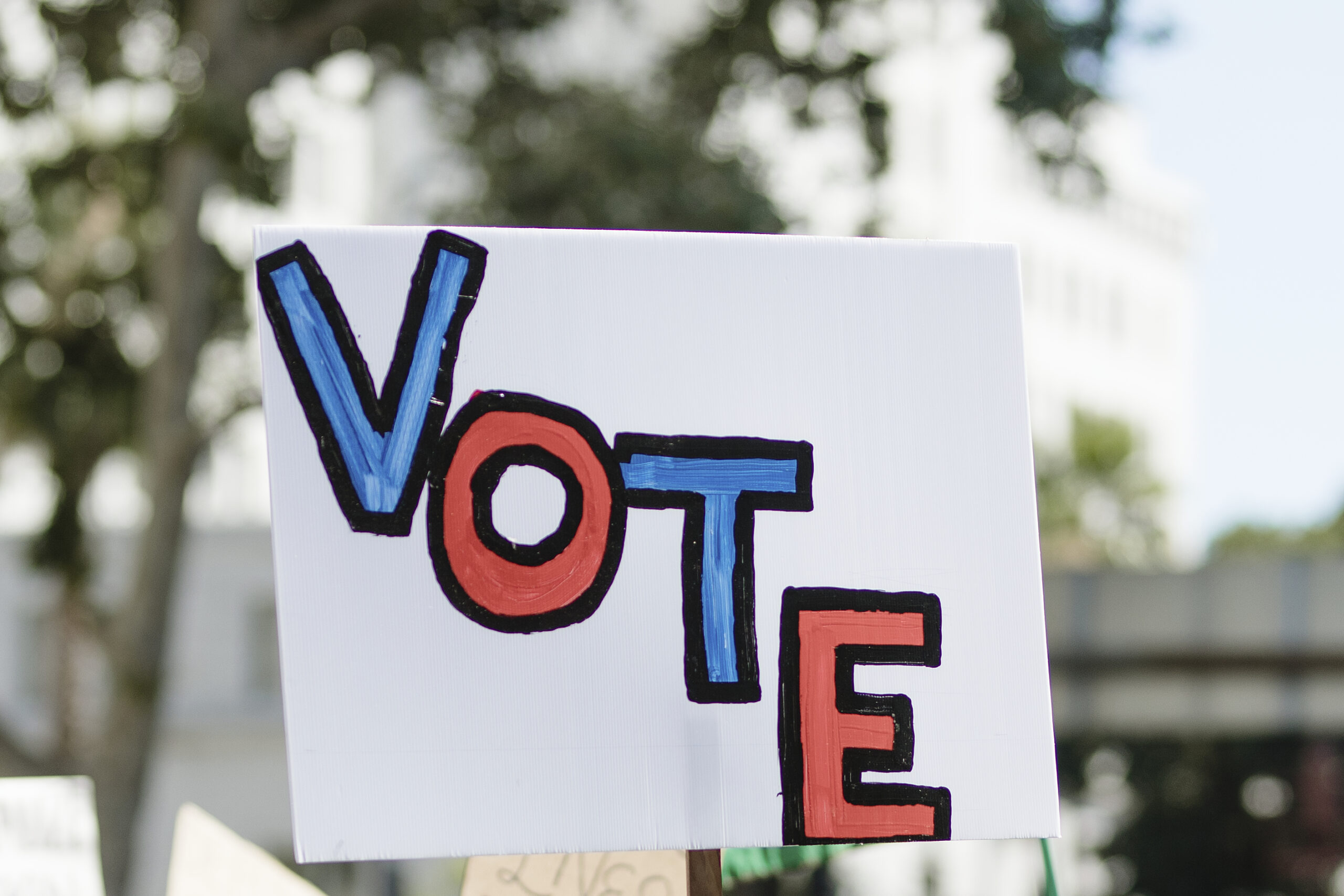Voting in New York With a Felony Record
When a person has lost the right to vote, this is called “disenfranchisement.” In the United States, an estimated 4.6 million citizens are barred from voting due to a felony conviction. In 2021, New York passed legislation changing its laws on voting with a felony conviction. Here, we talk about the history of disenfranchisement, New York’s new laws, and how to check your voter status.
History of Voting With a Felony Conviction
In the United States, localities adopted laws after the Civil War relating to convictions and voting rights. This was around the same time that such rights for people of color were being addressed.
Why deprive a person of the right to vote? Some argue that those who have committed felonies have broken a social contract. As such, they argue that they have forfeited their right to participate in the political decision-making process. For others, they claim that those who have been convicted of felonies have exhibited poor judgment and should not have a stake in making important community decisions.
Those who oppose disfranchisement argue it discourages participation in community affairs and concerns. Moreover, they argue such laws disproportionately impacts certain groups, particularly the poor and people of color. And relatedly, this could provide incentive to criminalize certain actions to target political opponents and voting blocs.
Felony Convictions and Voting in New York
Losing the right to vote is a collateral consequence of some criminal convictions. In New York, recent executive orders and laws passed in 2021 have changed the impact a felony conviction has on voting rights.
In this state, a person who is serving time in prison for a felony cannot vote while they are serving time. However, any person who has been convicted of a felony but receives a sentence of probation does not lose their right. Moreover, a person who goes to prison and is then released to parole or post-release supervision automatically has his/her voting rights restored upon release.
Thus in New York, those convicted of misdemeanors and violations do not lose the right to vote. Even if they serve time in jail for a crime, they can vote by absentee ballot while incarcerated. Additionally, it’s important to note that even when a person has been arrested for any crime, but not yet convicted, they have not lost their right to vote. As such, pre-trial detainees (who are not also serving time for a felony) in New York can vote by absentee ballot.
Check Your Voting Status & Register to Vote
If you live in New York, you are qualified to vote if you are:
- Not claiming the right to vote elsewhere;
- A resident in the state for at least 30 days; and
- At least 18 years old;
- A citizen of the United States;
- Not in prison or jail for a felony;
- Not adjudged mentally incompetent.
If a person votes while being ineligible, this is a crime. Pursuant to Election Law § 17-132, voting while ineligible is a felony offense in New York.
When a person served time in prison for a felony, they will need to re-register to vote once they are released. To check your registration status, you can visit https://voterlookup.elections.ny.gov/. If you wish to register to vote, visit https://www.elections.ny.gov/NYSVoterRegistrationFormEnglish.html.
References:
- Christopher Uggen et al., “Locked Out 2022: Estimates of People Denied Voting Rights,” The Sentencing Project (Oct. 25, 2022). Available at: https://www.sentencingproject.org/reports/locked-out-2022-estimates-of-people-denied-voting-rights/ (last accessed Oct. 31, 2022).
- org, Voting. Available at: https://nycourts.gov/courthelp/criminal/votingConsequences.shtml (last accessed Oct. 31, 2022).
Image: by rawpixel.com

